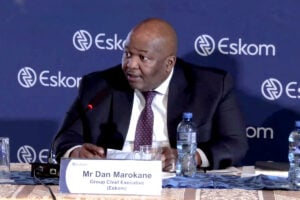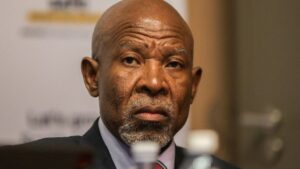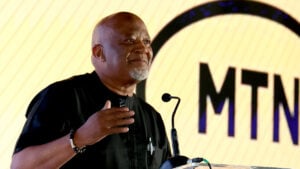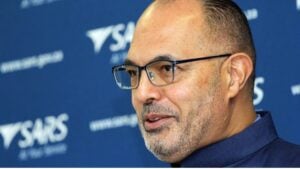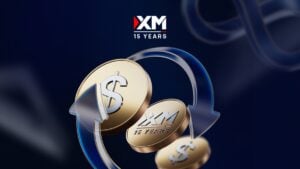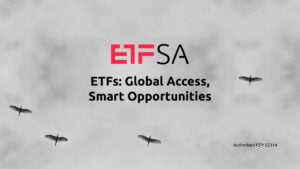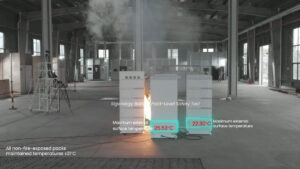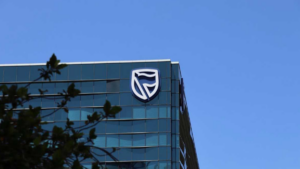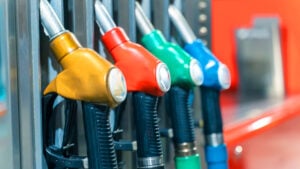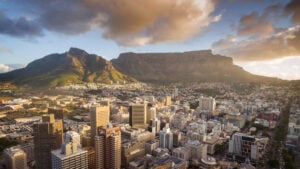Mango Airlines private sale block, and driving licence gold mine for government
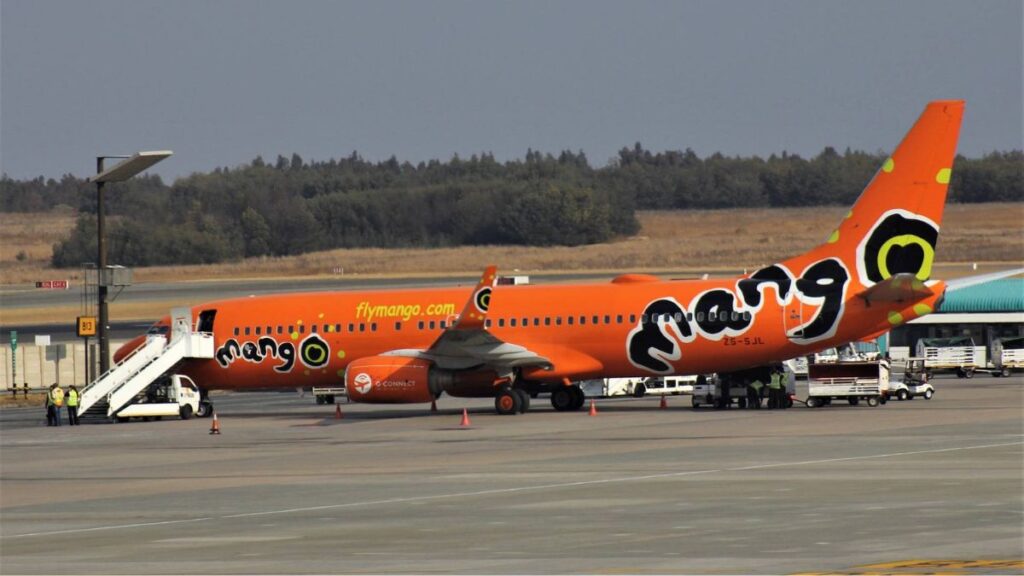
The rand declined on Monday as markets reacted to U.S. President Donald Trump’s threat to impose additional tariffs on countries aligned with BRICS.
In a post on Truth Social on Sunday, Trump stated that countries that support what he labelled “anti-American policies” of BRICS would face an extra 10% tariff, emphasising that there would be no exceptions to this rule.
As a result, the rand traded at 17.75 against the dollar, reflecting a decrease of about 1% from Friday’s closing rate, thus reversing some of its recent gains.
In response, South Africa, a member of the BRICS group, declared on Monday that it does not hold anti-American sentiments.
It reiterated that the coalition of developing nations advocates for “reformed multilateralism” and nothing more.
Outside of the Brics-slated tariffs, Trump announced that South Africa will receive tariffs of 30% from 1 August 2025.
On Tuesday, 8 July, the rand was trading at R17.49 to the dollar, R23.92 to the pound and R20.61 to the euro. Oil was trading slightly lower at $68.70 a barrel.
Here are five other important things happening in and affecting South Africa today:
Mango private sale blocked: The plan to transfer Mango’s shareholding to a private company has been abruptly derailed after the High Court ruled that a section of the business rescue plan adopted by creditors was “invalid”. Its practitioner intends to appeal the ruling, which has postponed the transfer of its shares to a new company. [News24]
Driving licence gold mine: Driving licence fees in South Africa contribute millions to the government annually, with only R50 to R60 allocated for card production. The average renewal fee is around R250, and about R190–R200 of each fee goes to state revenue. Managing director of Driving.co.za, noted that this revenue partly explains the government’s refusal to eliminate physical cards. [MyBroadband]
SARS eFiliing crash: The South African Revenue Service (SARS) has apologised to taxpayers and tax practitioners for glitches on the first day of tax season, mainly affecting website access and e-filing logins via username and one-time PIN (OTP). [BusinessTech]
South Africa’s energy sector one of the worst: South Africa’s electricity sector is the second-most regulated in the world, which significantly limits the entry of new generation capacity. This limitation contributes to ongoing load-shedding and rising costs for electricity. [Daily Investor]
Gautrain wage demands: The National Union of Metalworkers of SA (Numsa) is open to negotiations with Gautrain operator Bombela Operating Company (BOC) regarding its demands for above-inflation wage increases. Numsa is seeking a 7% wage increase, while BOC offers 4.2%. Additionally, Other demands include higher housing and night shift allowances, plus a performance bonus. [Business Day]
